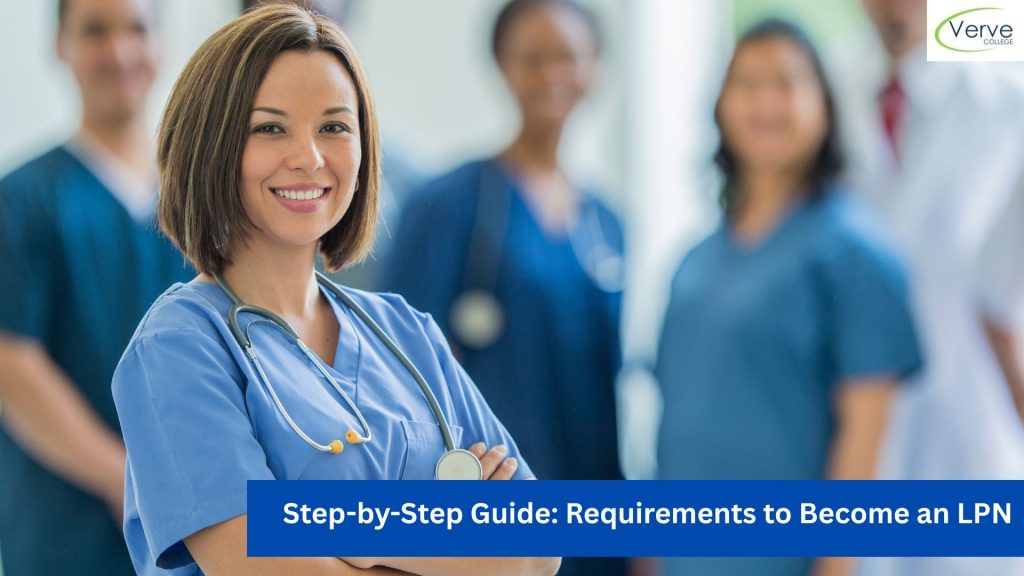- Oak Brook:(630) 705-9999
- Chicago:(312) 920-8822
- Email:inquiry@vervecollege.edu
- Make a Payment
- Home
- Programs
- Admission
- Resources
- ATI Entrance Exam Resources
- New E-Digital Library
- Refer a Friend
- School Newsletter
- Events
- Employers
- Job-Network
- Alpha Beta Kappa Candidates
- Verve College Library
- Graduation and Pinning Ceremony Photo Galleries
- Textbook Information
- Career Services
- Tutoring
- School Catalog
- FAQ
- Constitution Day Program
- Alumni
- Verve College Plans
- Financial Aid
- HEERF Reporting
- Satisfactory Academic Progress
- Apply For Financial Aid
- Net Price Calculator
- Return of Title IV Funds (R2T4)
- Financial Aid Office Code of Conduct
- Contact
- FAQs
- Verification Policy
- Vaccination Policy
- Student Right-to-Know Act
- Misrepresentation
- Information Security Program
- Academic Award Year
- Availability of Employee
- Cost of Attendance
- Health & Safety Exemption Requirement
- Students Rights and Responsibilities
- Leave of Absence
- Pell Formula
- Military Students
- Grants/ Scholarship Policy
- Contact Us
- Testimonials
- Blog
Is a Nursing Career Right For You?
Take The Free Quiz
Step-by-Step Guide: Requirements to Become an LPN
Step-by-Step Guide: Requirements to Become an LPN
Licensed Practical Nurses are increasing. Their growth is driven by rising healthcare demands. With an aging population and growing healthcare needs, opportunities in this field are expanding.If you’re serious about stepping into this career, knowing the exact requirements to become an LPN will set you up for success. Let’s break it down step by step.
Requirements to Become a LPN
Step 1: Check the Basic Requirements
Before diving into an LPN nursing programs, you need to meet a few baseline qualifications:
- A high school diploma or GED
- Minimum age requirement (varies by state)
- Acceptable scores on entrance exams like TEAS or HESI
- A clean background check and drug screening
- Proof of current immunizations
These requirements to become a LPN ensure that you’re eligible to enroll and can handle the responsibilities that come with the job.
Step 2: Enroll in a Program
You’ll need to complete an approved LPN program, typically available at community colleges, technical schools, or specialized nursing institutions. These programs generally take 12-18 months and cover essential subjects like:
- Human anatomy and physiology
- Pharmacology
- Medical-surgical nursing
- Pediatric and geriatric care
- Clinical rotations for real-world experience
Hands-on training is a significant part of the program, allowing you to practice skills in healthcare settings before you graduate.
Related:- Men in Nursing Statistics: Breaking Down the Numbers in the USA
Step 3: Get Clinical Experience
Your program will include supervised clinical rotations in hospitals, nursing homes, and outpatient facilities. These practical sessions are where you’ll build the skills needed for real patient care, including:
- Monitoring vital signs
- Administering medications
- Assisting with daily patient needs
- Coordinating with healthcare teams
If you’re juggling work and school, night classes in practical nursing can provide the flexibility you need to complete training while managing other responsibilities.
Step 4: Pass the NCLEX-PN Exam
Graduating from an nursing program is just the beginning. To become a licensed practical nurse, you must pass the NCLEX-PN (National Council Licensure Examination for Practical Nurses). This test will you to understand what you know in subjects like:
- Patient care and safety
- Pharmacology
- Health promotion and maintenance
Preparing for the exam can include using study guides, taking practice tests, and enrolling in NCLEX-PN prep courses to boost your confidence.
Step 5: Get Licensed and Start Your Career
Each state has specific licensing requirements, so you’ll need to submit an application, complete another background check, and provide your exam results. Once licensed, you can apply for LPN roles in:
- Hospitals and nursing homes
- Rehabilitation centers
- Home healthcare agencies
With your LPN license secured, you can start your career immediately or plan for future advancement.
Want to Make a Career in Nursing? Get More Information About Our Courses!
Final Thoughts
Knowing the requirements to become a LPN gives you a clear path forward. From meeting eligibility criteria to completing program and passing the NCLEX-PN, each step moves you closer to a fulfilling role in healthcare. Ready to begin? Explore practical nursing night classes today to take the first step toward your future.
 Sign up
Sign up Login
Login




